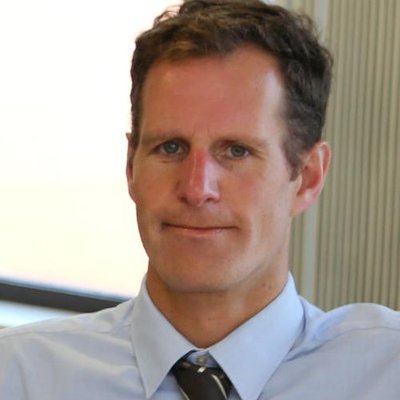A MEETING of 60 representatives from schools, social services, youth justice, trade unions and the NHS about how to support positive behaviour in schools was “an open and honest conversation”, a senior Swansea Council officer said.
Kate Phillips, head of Swansea’s vulnerable learner service, said the workshop looked at issues experienced in schools and by the agencies present, root causes and how they could be addressed, and good practice.
She said themes emerged such as challenges around parental engagement and young people’s use of social media, a high demand for specialist education places, budget constraints and wider cost-of-living difficulties. Ms Phillips said behaviour and mental health issues were on the rise among young people.
Addressing a council education and skills committee, she said extra training for newly-qualified, student and longer-serving teachers was felt to be a worthwhile idea, along with early intervention and support for young people and families with challenges.
She added that a questionnaire about how to support positive behaviour had been sent to schools and that responses would be collated ahead of a further meeting of representatives in September.
Cllr Mike White said parents of pupils who needed an assessment for a suspected disorder were struggling to get appointments. He also asked if a head education psychologist vacancy had been filled in Swansea, and how any updated policy on school behaviour would be monitored and measured.
Ms Phillips said all councils would like more educational psychologists and while Swansea was struggling to recruit a head – or principal – psychologist, it was “sufficiently staffed” at present, with contingency plans in place. She said the health board waiting list for assessments of young people was quite long, and added that monitoring of an updated behaviour policy would take place.
Cllr Robert Smith, cabinet member for education and skills, said the issues outlined were not confined to Swansea. “There needs to be a proper UK dialogue on how we respond to what is, for whatever reason, a growing need in society,” he said.
Separately the council is planning to expand its specialist teaching provision. It said there are long autism assessment waits, and it plans to remove the requirement to have a formal assessment or diagnosis as a criteria for entry to a specialist teaching facility.
Cllr Lyndon Jones said the policies and approaches which emerged from the meetings of representatives had to be achievable.















